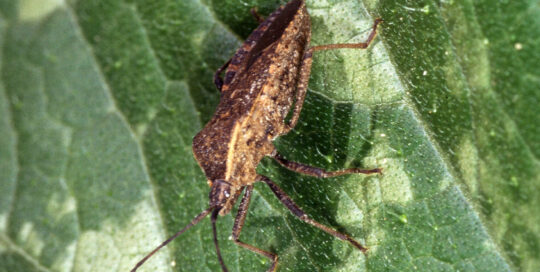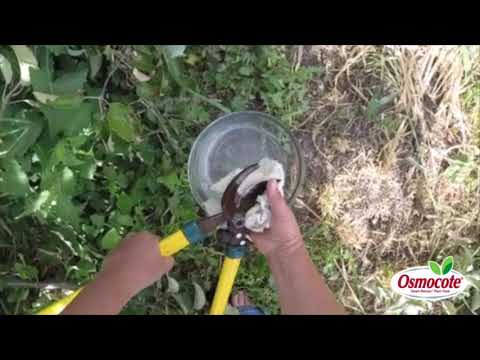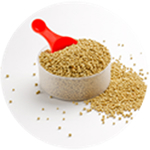Powdery Mildew on a Rosemary Plant
Views: 13903
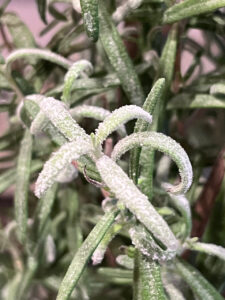
Every winter I bring my rosemary plant indoors and count down the days until it can go back outside. Rosemary isn’t thrilled being in a pot in a warm, dry house, which makes it susceptible to to diseases and general malaise. This year I noticed white all over the leaves, and wanted to offer a few tips on how to deal with powdery mildew on a rosemary plant.
Repotting Rosemary for New Root Development
Prevention is the Key
As I mentioned, my rosemary rarely has an issue outdoors. It thrives in the hot summers, even when I forget to water it consistently, and it constantly amazes me with its growth. But as soon as I pot it up and bring it indoors, the countdown begins.
When bringing rosemary indoors for the season, it’s important to provide a large enough container, preferably a gallon size for a foot high plant. And bigger pots for larger plants.
Use a new planting mix made for indoor plants. Recycling soil is not recommended, nor is utilizing garden soil. These both invite pests and diseases to the plants, whether just the rosemary or any other plants you might have inside.
After gradually acclimating the rosemary plant to its indoor climate, keep it in as much sun as possible. If this isn’t possible, such as here in Montana where we barely have eight hours of weak sunshine during the winter, add artificial lights. I love the new LEDs that can clip onto pots or tables and that have moveable lights to place it where you need it.
Water consistently, but don’t overdo it. Rosemary can stand it a little on the dry side. Yet, with that said, if they dry out too much, they’ll show their displeasure by looking like a desiccated Christmas tree. Don’t spray the leaves when you water, either, especially with cold water. This shocks the plant. Actually, it’s even a good idea to use room temperature water to water the rosemary plant.
What to do about Powdery Mildew
Even with babying rosemary through the season, sometimes it’s susceptible to disease and powdery mildew is probably the most common. The good news is it’s easy to diagnose and easy to treat. Plus, even though it weakens the plant, it most likely won’t kill it. Regardless, it’s still wise to take care of the situation so you have a healthy plant to set out into the garden.
Neem oil mixed into water is a longstanding treatment for powdery mildew, but you don’t even have to be that drastic. Baking soda is one of the best options. Simply mix roughly three tablespoons of baking soda with a tablespoon of vegetable oil and a few drops of dishwashing soap (not a detergent) in a gallon of water. If you don’t have dishwashing soap, feel free to omit it, but it does improve the efficacy of the concoction. Completely spray the plant, including the undersides of the leaves and the top of the soil.
You might have to do this a couple of times to hit all of the fungus on the rosemary plant. And while the spray might have a white appearance when its dried, it doesn’t send off white spores like the powdery mildew.
After a couple of treatments, you should have a handle on the powdery mildew situation. This translates into a happy rosemary plant to start the new season.
Meet Amy Grisak
Amy is a freelance author and photographer in Great Falls, MT who specializes in gardening, foods, and sustainable agriculture. She provides information on every kind…
Amy's Recent Posts
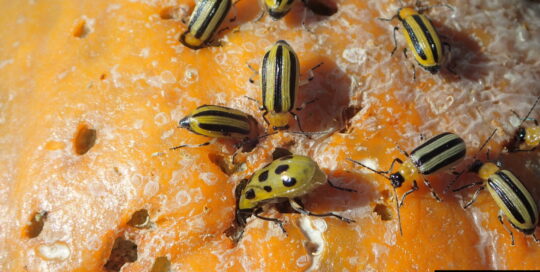
How to Handle the Cucumber Beetle
